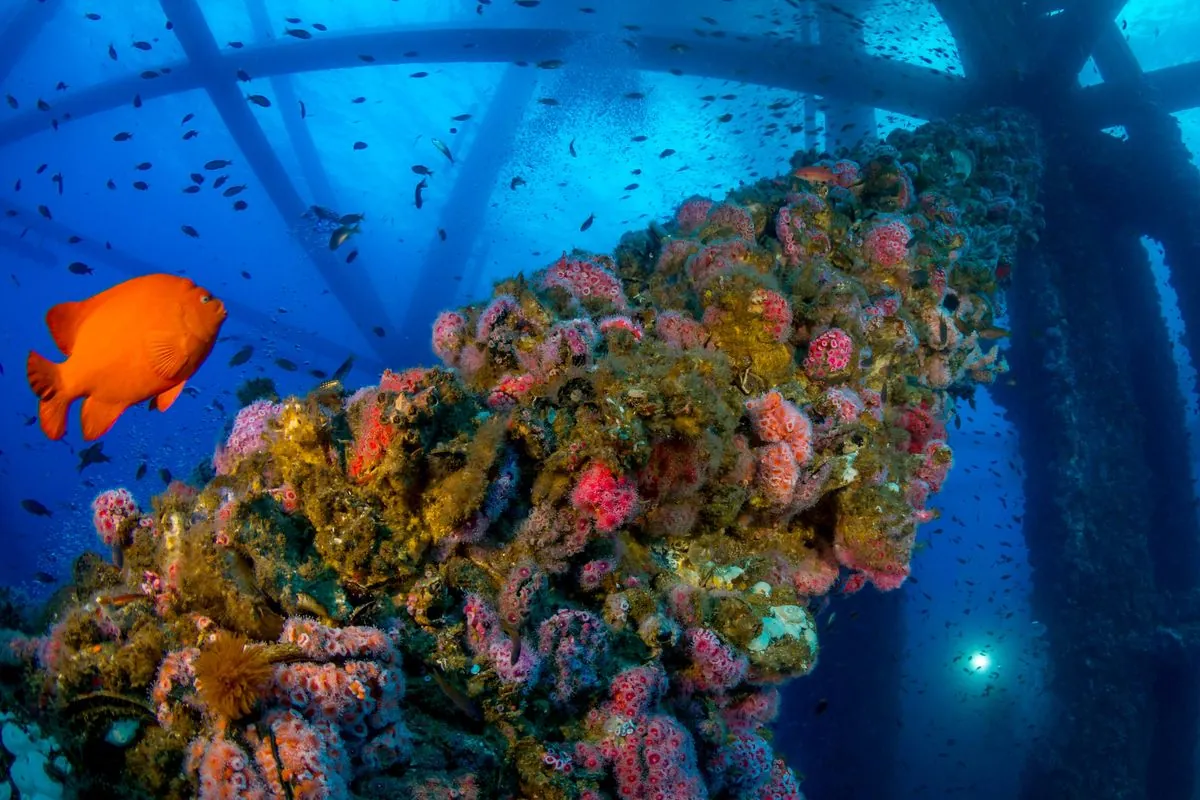A U.S. federal judge has invalidated a 2020 assessment by the National Marine Fisheries Service regarding the protection of endangered and threatened marine species from oil and gas drilling activities in the Gulf of Mexico. The ruling, issued on August 19, 2024, by Judge Deborah Boardman of the U.S. District Court for the District of Maryland, found that the assessment, known as a "biological opinion," failed to adequately address risks to marine life from oil spills and vessel strikes.
The Gulf of Mexico, the ninth largest body of water globally, is home to over 15,000 species of marine life. The 2020 assessment, issued during the administration of former President Donald Trump, was a legal prerequisite for oil and gas exploration and drilling operations in the region. Judge Boardman determined that the assessment violated the Endangered Species Act, which was enacted in 1973 to safeguard threatened and endangered plants and animals.
One of the primary criticisms of the assessment was its assumption that a catastrophic oil spill, similar to the 2010 Deepwater Horizon disaster - the largest marine oil spill in history - would not occur. This assumption was deemed unrealistic and inadequate for proper risk evaluation.
Judge Boardman has set a deadline of December 20, 2024, for the National Marine Fisheries Service to either complete a new biological opinion or develop an alternative plan. The judge acknowledged the potential economic disruption that an immediate implementation of her decision could cause, citing the need to balance environmental protection with ongoing oil and gas activities in the Gulf.
Environmental organizations, including the Sierra Club and the Center for Biological Diversity, have praised the court's decision. These groups, which collectively filed a lawsuit in 2020 arguing for increased safeguards for imperiled species such as whales and sea turtles, view the ruling as a significant victory for marine life protection.
"The court's ruling affirms that the government cannot continue to turn a blind eye to the widespread, persistent harms that offshore oil and gas development inflicts on wildlife."
The oil industry, represented by trade groups such as the American Petroleum Institute, the National Ocean Industries Association, and the EnerGeo Alliance, along with oil major Chevron, has expressed concerns about the potential economic consequences of the ruling. These organizations stress the importance of developing a new biological opinion promptly, highlighting the Gulf of Mexico's significant contribution to U.S. crude oil production, which accounts for 15% of the total.
This legal development follows a 2023 attempt by the Biden administration to reduce an oil and gas auction in the Gulf of Mexico by 6 million acres to protect the habitat of the endangered Rice's whale. Recognized as a distinct species in 2021, the Rice's whale population has dwindled to approximately 50 individuals in the wild. However, the oil and gas industry, supported by the state of Louisiana, successfully challenged this reduction in court.
As the December deadline approaches, the case underscores the ongoing tension between environmental conservation efforts and energy production interests in the Gulf of Mexico, a region that has been central to U.S. offshore oil exploration since the first well was drilled there in 1938.
